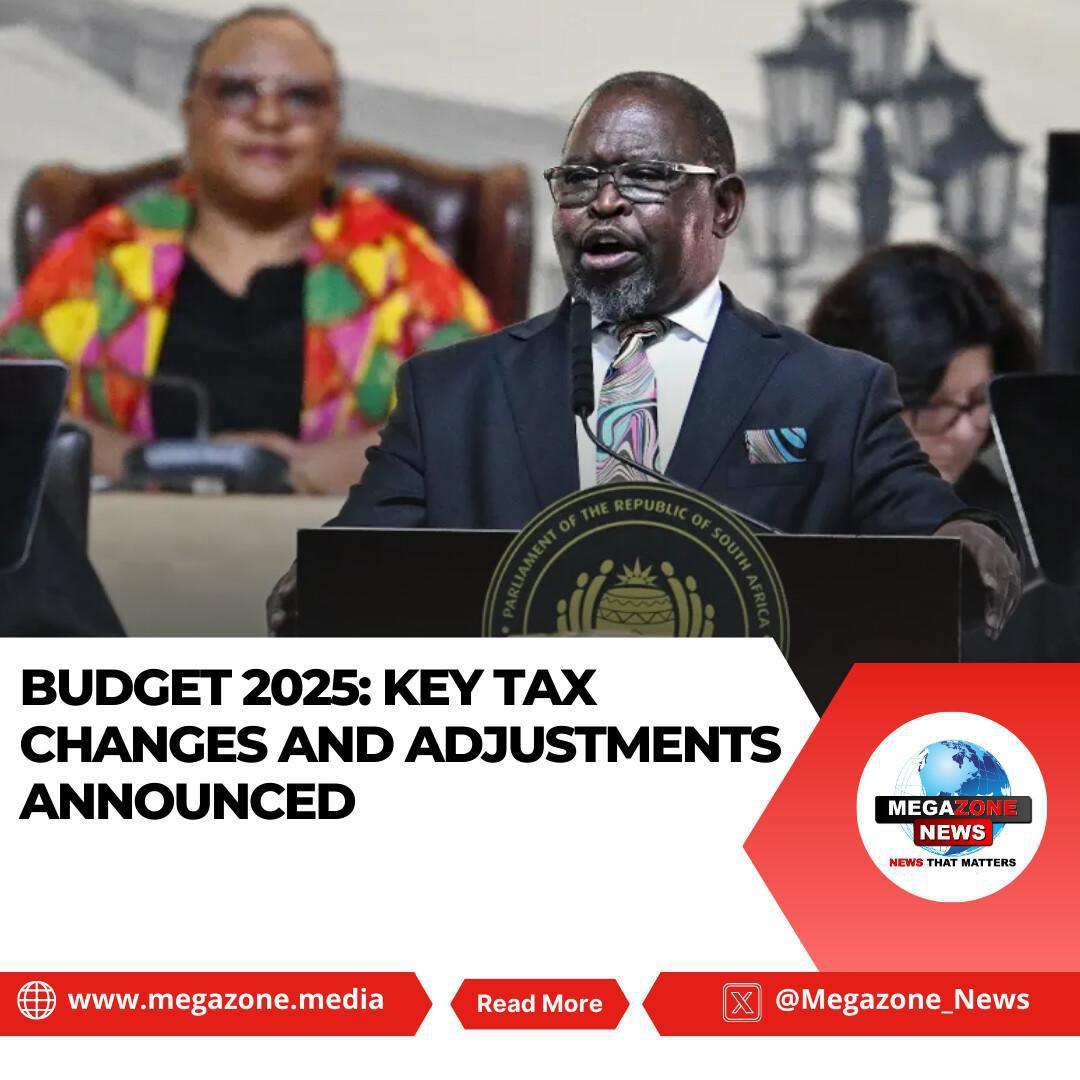The South African Revenue Service (SARS) has released the 2025/26 tax guide, detailing significant tax changes that will impact individuals and businesses in the coming financial year.
Personal Income Tax Brackets Unchanged
One of the notable decisions in the latest tax plan is that personal income tax brackets and rebates will remain unchanged. The tax threshold for individuals under 65 remains at R95,750, while those aged 65 to 75 have a threshold of R148,217. For individuals over 75, the threshold is set at R165,689.
VAT Hike Over Two Years
The value-added tax (VAT) rate will increase from 15% to 15.5% on May 1, 2025, followed by a further rise to 16% on April 1, 2026. The adjustment has sparked debate, as it is expected to affect the cost of living. However, to cushion lower-income households, the government has introduced VAT zero-rating on certain essential food items, including specific edible offal, meat cuts, unflavoured dairy liquid blends, and canned vegetables.
Excise Duties on Alcohol and Tobacco Rise
Excise duties on alcoholic beverages will increase by 6.75%, while tobacco products will see a 6.75% hike for cigars and pipe tobacco, and a 4.75% increase on cigarettes and other tobacco products.
Corporate and Business Taxation
The corporate income tax rate remains at 27%, while small business corporations and micro-businesses will continue to benefit from progressive tax structures. Additionally, turnover tax rates for micro-businesses remain unchanged, with no tax applicable for annual turnovers up to R335,000.
Transfer Duty and Fuel Levies
To account for inflation, transfer duty thresholds have been adjusted, reducing the burden on property buyers. However, there are no increases to the general fuel levy or the road accident fund levy, offering some relief to motorists amid rising living costs.
Retirement and Investment Tax Adjustments
New retirement system changes, effective September 1, 2024, will allow members to withdraw savings from their pension funds, with such withdrawals taxed at their marginal tax rate. Meanwhile, dividends tax remains at 20%, and foreign dividends will be taxed at a maximum effective rate of 20%.
The latest tax adjustments aim to balance government revenue needs while minimizing the financial strain on taxpayers. However, the increase in VAT and excise duties is expected to generate public debate as South Africans brace for higher costs on essential goods and services.


